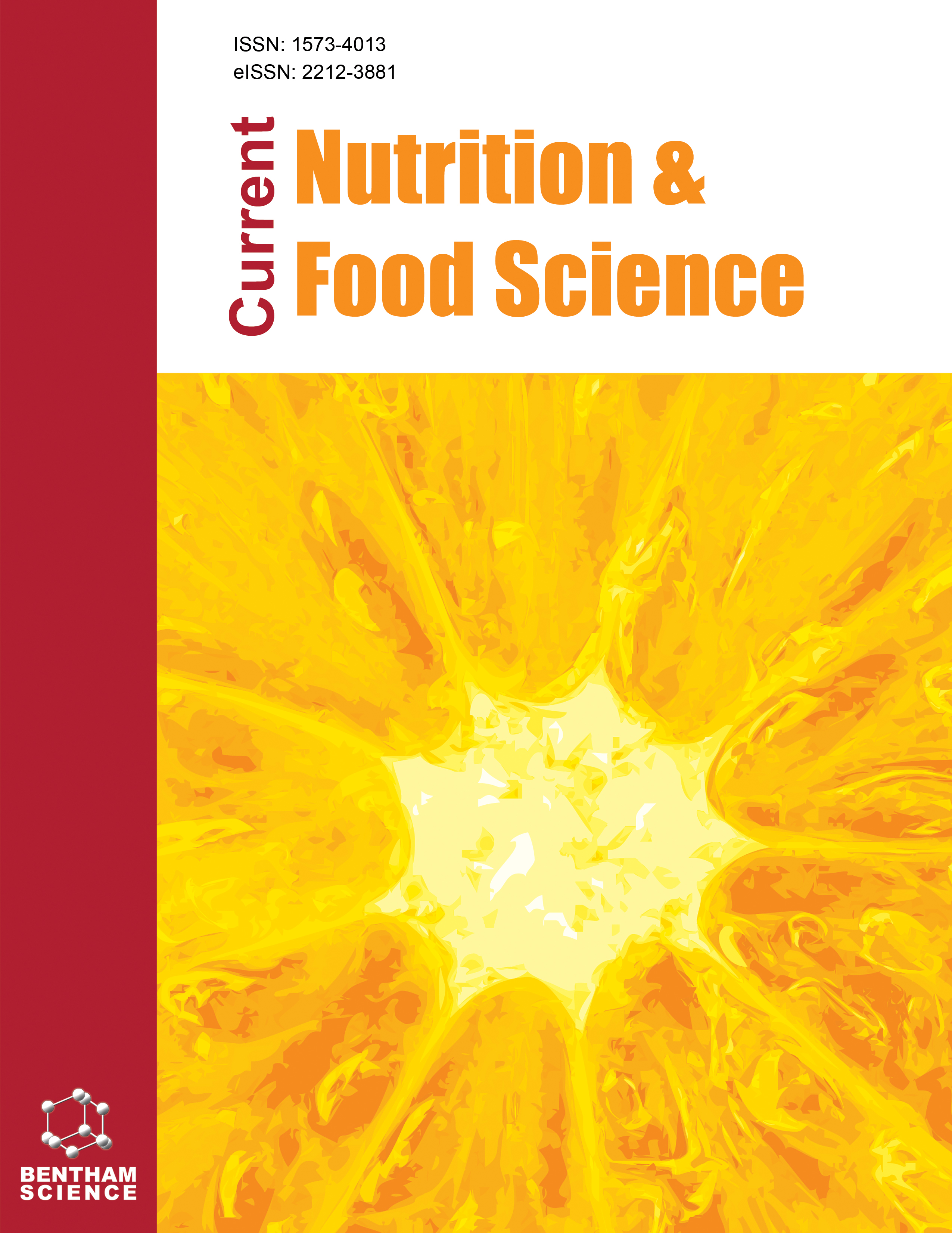-
s Recommendation to Consume Plant Products for their Health Benefits may Take a Different Perspective with Global Warming
- Source: Current Nutrition & Food Science, Volume 19, Issue 8, Oct 2023, p. 758 - 762
-
- 01 Oct 2023
Abstract
Over the past few decades, the multifaceted anticancer action of various plant-derived flavonoids has been demonstrated both in in vitro and in vivo preclinical experiments as well as in clinical trials and large-scale epidemiological studies. These secondary metabolites, synthesized in plants in response to different environmental stresses, can exert diverse biological activities in the human body after ingestion of plant-based foods. Flavonoids are indeed well-known for their antioxidant, anti-inflammatory, antiproliferative, proapoptotic, anti-migratory, antiinvasive, anti-metastatic, and anti-angiogenic properties, thereby preventing and slowing the development of different types of human cancers. Accordingly, more and more people all over the world have increased their everyday intake of fruits, vegetables, whole grains, and spices to get the benefits of flavonoids. In this commentary article, a critical view is presented on the possible gradual decrease in the health-promoting effects of edible and medicinal plant products related to changes in their flavonoid content and composition as a consequence of global warming. It is indeed generally accepted that biosynthesis and accumulation of certain flavonoids can be higher in plants cultivated in colder conditions, while a high temperature may even block the production of these agents. It only remains to be determined in the future as to what extent the lowering of flavonoids content in plant-based diets during global warming can contribute to continuously increasing worldwide incidence of new cancer cases, revealing the actual costs of human-induced environmental changes.


